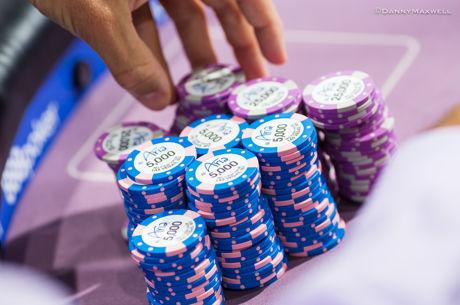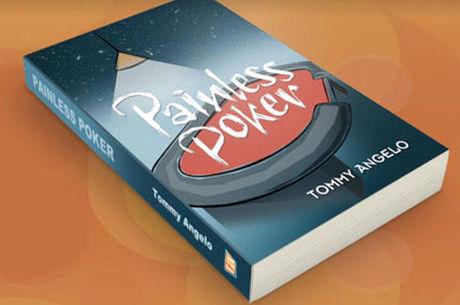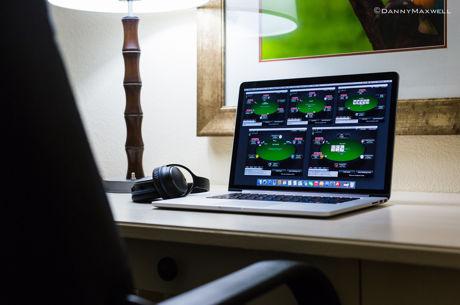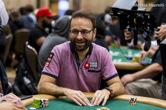Poker Habits: 16 Good Ones to Adopt
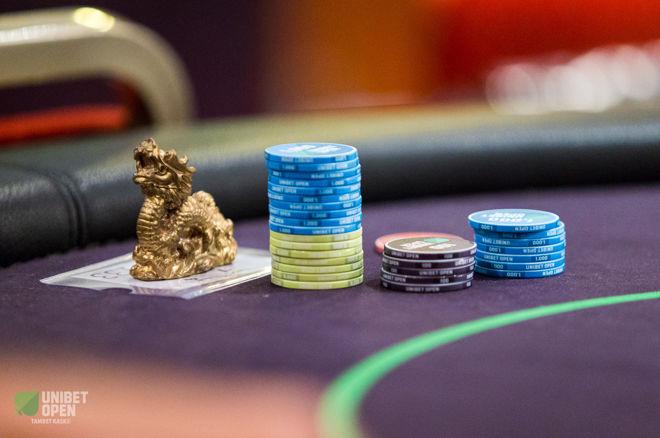
There are good habits and bad habits in poker as in the rest of our lives. Here is the first of two lists of those poker habits. Below are 16 good ones �� that is, habits we want to adopt if we haven't done so already.
1. Play when well rested
You determine when and whether you play. Think of rest and poker as going hand-in-hand. If you're not well rested, you don't play. You may get tired during the session, but there's no reason to start out that way.
Get in the habit of getting your rest before you play so you are always entering the game with your optimal level of energy, concentration, and focus.
2. Play when well funded
Only go to a game with an ample bankroll. Make it routine, like getting your car keys before you go out to your car. Low on funds? Don't play. Wait until you have sufficient funds. After a while it will become unthinkable to play over your head.
3. Arrange and check your cards methodically
Get in the habit of always arranging and checking your cards in the same way every time. I like to look at them the moment I get them both, then look around at the other players as they look at their cards. Some also look right away, while others like to wait until it's their turn to act before they check them.
Pick one method and stick with it. And then do it the same way every time until it becomes routine.
4. Memorize your cards once you look at them
There's no reason to recheck your hole cards. It potentially gives away information to your opponents �� and needlessly. Look at them once, say them to yourself, and remember them. If you can't memorize two cards, you should not play poker.
5. Nest and cover your cards
After you check and memorize them, put them together and cover them with a chip or other card protector. You want this to be habitual so you don't reveal anything about them by the way you position them.
6. Pause, at least for a moment, before you act �� even if it's an obvious fold
Put that short pause in there before you act every single time so you don't betray how much you are thinking about your cards when you have a decision to make. If you have to take longer for a tough call, so be it. But your habit should be to automatically give yourself at least two or three seconds to act.
7. Decide on your action before you act, then act decisively
Many players frequently hem and haw noticeably before they act. Don't do that. Get into the habit of thinking before you betray anything with your actions or words. Then, after you've decided on your action, act purposefully.
8. Observe the behavior of other players
Make a point of looking around at other players, especially if you can catch them when they are checking their cards. You will often pick up useful information from them, but only if you're looking. After a short while, this will become habitual.
9. Get in the habit of categorizing your opponents and recounting how you have characterized them
You should be able to come up with one or two words that describe each of your opponents (e.g., "fish," "maniac," "LAG," "TAG," "rock") and then regularly remind yourself of what type of player you're looking at as you look at each one around the table.
10. Organize your chips
Routinely stack your chips in a manner that is logical and easy for you to count.
11. Take a break regularly
Make a point of getting up from the table, for at least a minute, every 30 minutes or so. This will tend to keep you more awake, focused, and thoughtful.
12. Smile
Keeping those with whom you play relaxed and liking you has never done anyone any harm. It should become second nature at least to have a ready smile for your opponents (especially the player to your left).
Even if you are introverted or shy by nature, get into the habit of smiling. It will tend to make you more likable, which will itself help occasionally encourage opponents to play more softly against you. And smiling has the other advantage of actually making you feel better when you are smiling.
13. Breath deeply
Deep and regular breathing has a calming affect. If you get in the habit of breathing deeply and in a relaxed way, you will tend to be more calm and thoughtful �� the state of mind that you want to be in when you are making tough decisions.
14. Sit balanced and comfortably
Many players tend to slouch and scrunch down when they play, compressing their back and neck in the process. This is often uncomfortable in the short run, potentially injurious in the long run, and creates a feeling of unease and disquiet that inhibits optimal thinking.
Get in the habit of sitting squarely, with shoulders relaxed and head upright.
15. Practice good game selection
Upon entering any poker room, get in the habit of looking around for the best table and best seat at the table. Doing so should become automatic. Always be attentive to this key ingredient in making money at poker.
16. Take session and player notes
Either during the play of the game or immediately following, get into the habit of taking notes on your opponents and on your own play in the game. These notes will be invaluable during future playing sessions and as you examine and think about your own game.
Adopting these good poker habits will surely help you play your best possible game and improve your chances of success. Next time we'll look at another list of poker habits �� the bad ones you want to avoid.
Ashley Adams has been playing poker for 50 years and writing about it since 2000. He is the author of hundreds of articles and two books, Winning 7-Card Stud (Kensington 2003) and Winning No-Limit Hold'em (Lighthouse 2012). He is also the host of poker radio show House of Cards. See www.houseofcardsradio.com for broadcast times, stations, and podcasts.

